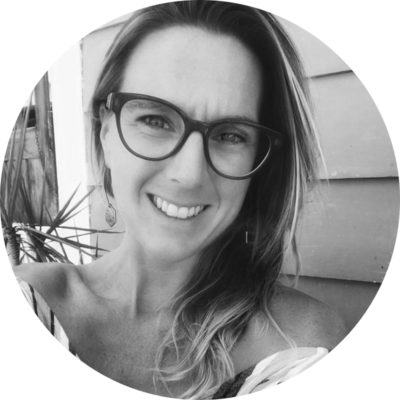
I grew up in coastal Maine in the United States, and I believe I learned how to swim before I could walk. The ocean has been a constant in my life from my favorite foods, sports, and leisure activities. It has guided me through University in Halifax, Nova Scotia where I finished my PADI rescue diver certification at Peggy’s Cove in November (that was cold!) To studying abroad, living and working in the Galapagos Islands, Ecuador in marine conservation and island anthropology. The ocean has brought me here to Los Órganos, Peru where I have built my home near the sea and take salty dips with my four dogs in my free time. This closeness with the ocean provides me with a profound respect for its brute force, natural beauty, and precious resources that I treasure and revere. We that have the opportunity and the privilege to live in such close contact with the sea have a responsibility to protect it, as well as share our reverence with others.
Interest in seafood sustainability and traceability has grown in recent years. Why do you think that is?
Goodness, so many reasons. I think it is both a gift of the technological revolution and with that a greater responsibility on all fronts to be more aware about what we read in the news and on social media. As our world becomes more polarized (fueled by technology) socially, economically, and politically, we are more constantly exposed to evidence and bombarded with news that both terrestrial and marine realms are in great need of help. We can either choose to engage in the research, become more aware, and take action, or tune it out.
So, back to seafood. Because we are now more aware, and because of technological advances, we have the ability to know where our food comes from, we are exposed to new evidence and therefore we care more about where and how our fish and seafood was fished. The hope is that traceability will become the norm, and sustainable fishing practices will be encouraged by end consumers (us! eating the ceviche!) in a demand and desire to know where and how our food was obtained and if we are either helping or hurting in the conservation and wellbeing of our planet and those who inhabit its shores.
Where do you hope global fish production will be in 5 years? 10 years?
I hope that in five years’ time, all fish and seafood have a story. I hope we know who fished it and if it was rainy or sunny when it was caught.
In ten years’ time, I hope we are able to source and depend on seafood almost completely locally. I hope that consumers make smart decisions about seasonal catch restrictions and that there is a more concerted effort on behalf of governments, restaurants, fishermen, and consumers alike to educate themselves and others on the benefits of locally sourced and sustainably caught seafood. I hope that international demand has diminished, both reducing our global carbon footprint and allowing the regeneration of fish stocks around the world.
What were you doing before you joined Future of Fish?
I have worked in development almost my entire life, however, I had a brief hiatus as an entrepreneur and small business owner in the nearby town of Máncora, Peru. I was lucky to have switched gears almost immediately before the COVID-19 pandemic affected us all, closing the doors of small businesses and beaching fishermen alike. During quarantine and directly before Future of Fish I was focusing on my Master’s degree in Community Development and Equity studies while working as a freelance translator and teaching English part time.
How do you see your previous experience coming into play at Future of Fish?
I have a purposely diverse background from financial inclusion education and women’s empowerment initiatives to at-sea fisheries monitoring with the United States National Marine Fisheries Service. To work in fisheries sustainability, you must necessarily include a human-focused approach, as it is we humans that are depleting and poorly managing marine resources. We must provide sustainable solutions that improve the livelihood of fishing communities, therefore reducing the economic dependence on fishing stocks, to be able to tackle overfishing. My community development background focuses on an interdisciplinary approach to development and conservation work, aiding in economic wellbeing, social equity, preventative healthcare solutions, and education to lift communities out of poverty and provide strategic and sustainable solutions to a better future for fishing communities and fisheries alike.
What most attracted you to working with Future of Fish?
My love for the marine world and my passion for community development work drew me to Future of Fish. I feel like I have found my soulmate, so to speak, in FOF’s mission.
What are you most looking forward to doing in the next year?
Becoming the very best version of myself, both personally and professionally.
Published Aug 27, 2021




